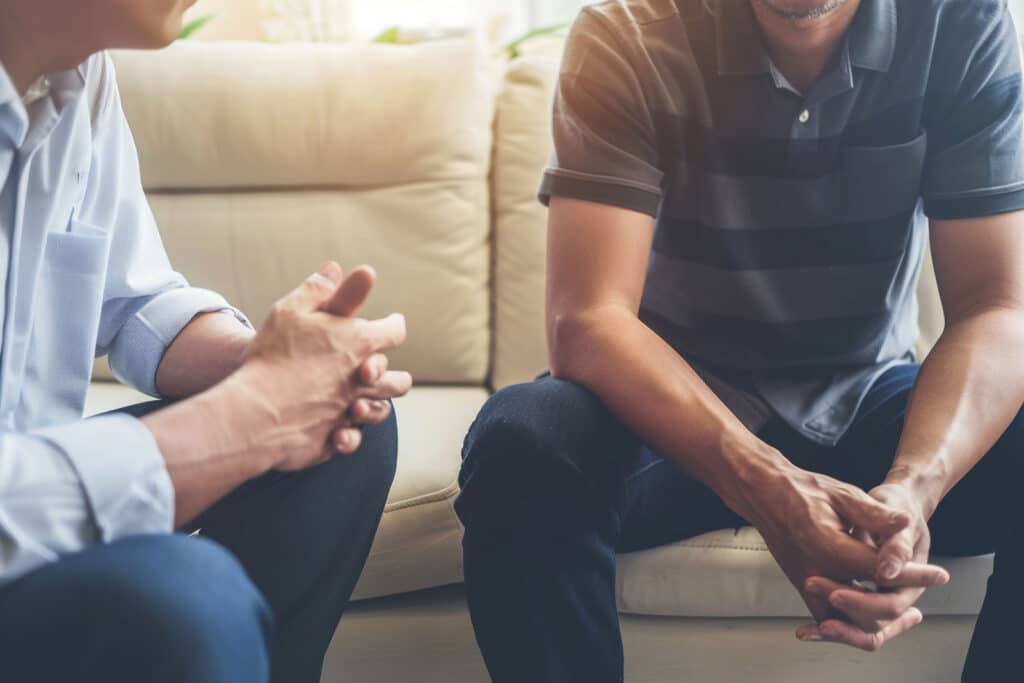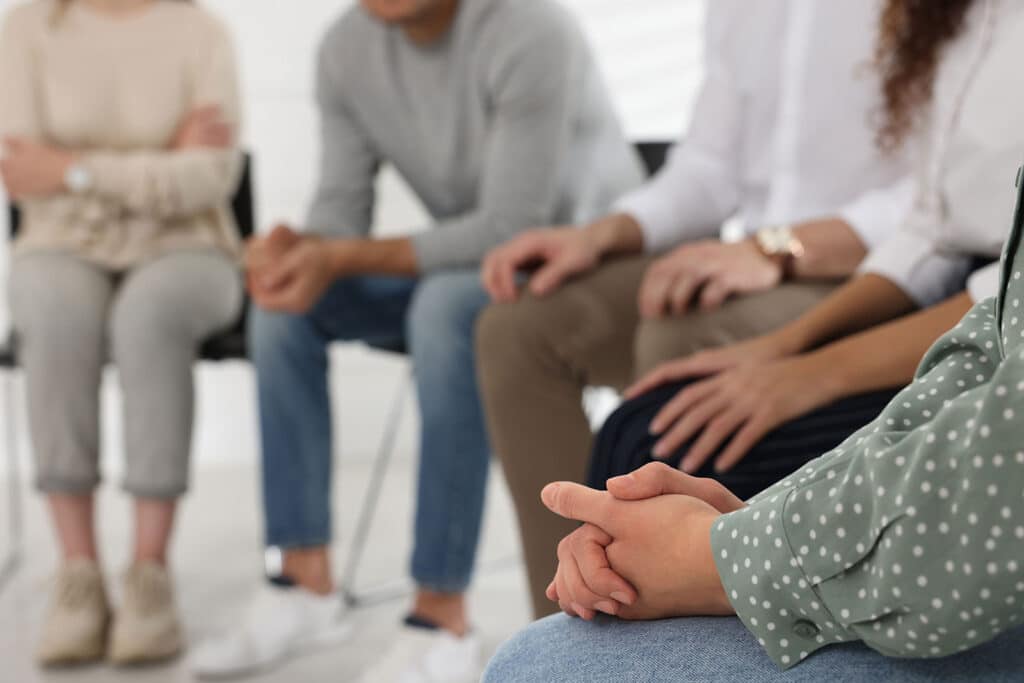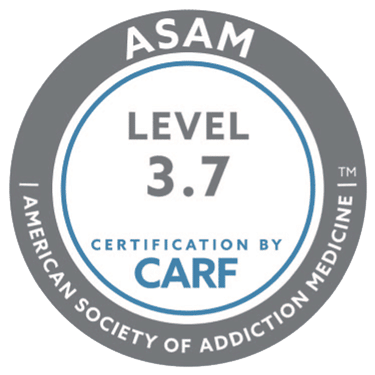Addiction has devastating emotional and psychological impacts on relationships. Anxiety, despair and emotional instability may become more severe for both spouses. As a result of the addict’s powerlessness, rage and frustration, the other partner may withdraw emotionally or engage in codependent behaviors. The addict’s internal struggles with worthiness, shame, remorse and despair only serve to cause even more stain. When you’re emotionally and mentally exhausted, it can be difficult to break out of a cycle of toxic encounters.
The Rehab Process and Its Effects on Relationships
Different inpatient treatment centers provide different types of specialized care, such as medical detox, behavioral therapy and holistic methods developed to meet the specific requirements of each patient. While some programs cater specifically to veterans or teenagers, others offer full treatment for addiction and co-occurring mental health issues.
What Happens During Rehab?
Rehabilitation is a life-altering process that helps individuals overcome substance abuse, drug addiction, or alcohol addiction, and repair damaged relationships. The process typically includes several steps such as detox, a structured treatment program, and aftercare planning. During therapy sessions, whether in individual therapy, family therapy, or outpatient settings, recovering addicts reflect on the impact of their drug use or alcohol use on their loved ones. Addiction recovery programs, often held at rehab centers or recovery centers, focus on providing the tools and coping strategies needed for long-term success. Through drug rehab or alcohol rehab, individuals learn to manage their addiction in healthy ways, allowing them to heal and begin rebuilding their relationships. By the end of treatment, patients are equipped with the necessary resources to continue their recovery process and strengthen their relationships as they transition into early recovery.
Changes in Perspective
When people overcome their addiction, they become more self-aware and acquire perspective, which causes them to reevaluate their objectives, values and actions. These modifications can have a positive impact, leading to a greater resolve to stay sober and better relationships. On the other hand, if the spouse has feelings of isolation or has trouble adjusting to the “new” person after rehab, they can pose difficulties. The couple needs to stay connected during these transitions by communicating openly and supporting each other.

Concerns About Love and Acceptance Post-Rehab
There are many concerns about love and acceptance post-rehab that can contribute to a higher likelihood of relapse. In fact, about 40% to 60% of people who complete treatment end up relapsing at least once. Understanding how these concerns impact you and your relationships is key to staying sober and maintaining healthy relationships.
Fear of Rejection
A common phobia after completing rehabilitation is the fear of being rejected. Couples in recovery often fret that their partners’ sentiments have shifted or that their actions have irreparably harmed the bond. Anxiety and insecurity brought on by this dread could make it hard to give your relationship your undivided attention. Restoring trust and creating a feeling of safety in the partnership requires openly addressing these issues.
Guilt and Shame
Living with the weight of regret and humiliation over things done in addiction can have a devastating effect on one’s sense of self-worth and interpersonal connections. You should know that remorse for the harm one has done is very common and natural; this shame can take many forms, including self-doubt and destructive habits. To find healing and forgiveness, both spouses must face these emotions head-on and work through them together.
Strategies for Rebuilding and Strengthening Relationships
The difficult process of recovering from addiction is much easier with the encouragement and stability that a healthy relationship can offer. Having someone you can’t lean on around the clock for support will do wonders for your self-esteem while also setting the stage for sustained success in recovery.
Open Communication
The cornerstone of any healthy relationship is open and honest communication, which becomes even more crucial during and after rehabilitation. To successfully traverse this new chapter, both partners must be able to articulate their thoughts, feelings and expectations. Two people can stay on the same page and progress forward in a relationship if they talk about changes and establish shared objectives.
Building Trust
Making your sobriety and relationship a priority requires unwavering dedication. Some ways to achieve this goal include being forthright about your intentions, making your judgments and actions known and always delivering on your promises.
Seeking Support Together
Partners navigating life after rehab can greatly benefit from couples therapy or counseling. This can help rebuild the relationship and enhance communication by providing a safe, secure space to address challenges. Counseling also supports the well-being of both individuals by encouraging open dialogue and emotional healing. Partner counseling and peer support groups offer valuable healthcare resources, fostering a sense of belonging and equipping partners with the tools they need to take care of themselves and each other during recovery.

Understanding Your Partner’s Perspective
In a relationship where one person gets treatment for a substance use disorder, each partner goes through their own unique emotional and psychological journey. As one partner works through their addiction and rebuilds their life, the other has their own struggles, including accepting change, coping with betrayal and helping their loved one recover.
Empathy and Patience
An important element of the post-rehab phase is learning to understand and empathize with your partner’s sentiments. Being patient with each other’s healing processes is crucial, as each partner is experiencing different things. By putting themselves in the other person’s shoes, partners can strengthen their bond and respect for one another while they weather the storms of recovery.
Recognizing Their Concerns
There are a variety of worries and fears that partners experience after rehab, including fear of relapse and uncertainty about the future. If you want your relationship to stay healthy, you have to acknowledge and handle these concerns. To help alleviate these worries and develop a stronger, more resilient partnership, it is important to provide comfort, be consistent in your actions and maintain open communication.
Maintaining Personal Growth and Sobriety
Success in recovery depends on your willingness to prioritize your treatment and health (both physical and mental). Even though building healthy relationships with your partner and other people in your life is paramount to your sobriety, much of your effort should focus on taking care of yourself.
Prioritizing Self-Care
Sobriety and a happy partnership depend on regular self-care. It helps people relax, cope with stress and maintain concentration on their rehabilitation objectives. When both spouses make self-care a priority, it has a good effect on the relationship by creating a balanced and supportive environment where both partners can thrive.
Adopting a balanced routine that incorporates regular physical activity into your self-care priorities is an excellent way to manage stress and improve your overall health. A good diet and plenty of sleep are also essential for emotional and physical healing. Mindfulness practices and other enjoyable hobbies can help with emotional resilience and long-term healing.
Setting Boundaries
Protecting sobriety and keeping a relationship in check both require setting reasonable limits. Boundaries are a great tool for avoiding codependency, alleviating stress and making sure that each partner gets the room and support they need to keep developing. When partners in a relationship have clear expectations for one another, it helps everyone feel heard and valued.

Conclusion
Rebuilding healthy connections after treatment can be a long and winding road, but the rewards are worth it. The cornerstones of a robust relationship following rehabilitation are open communication and trust. With mutual support and effort, couples can get through this tough time even stronger and more dedicated to each other.
To learn more about having healthy relationships during and after rehab, contact the Recreate Behavioral Health Network today.








